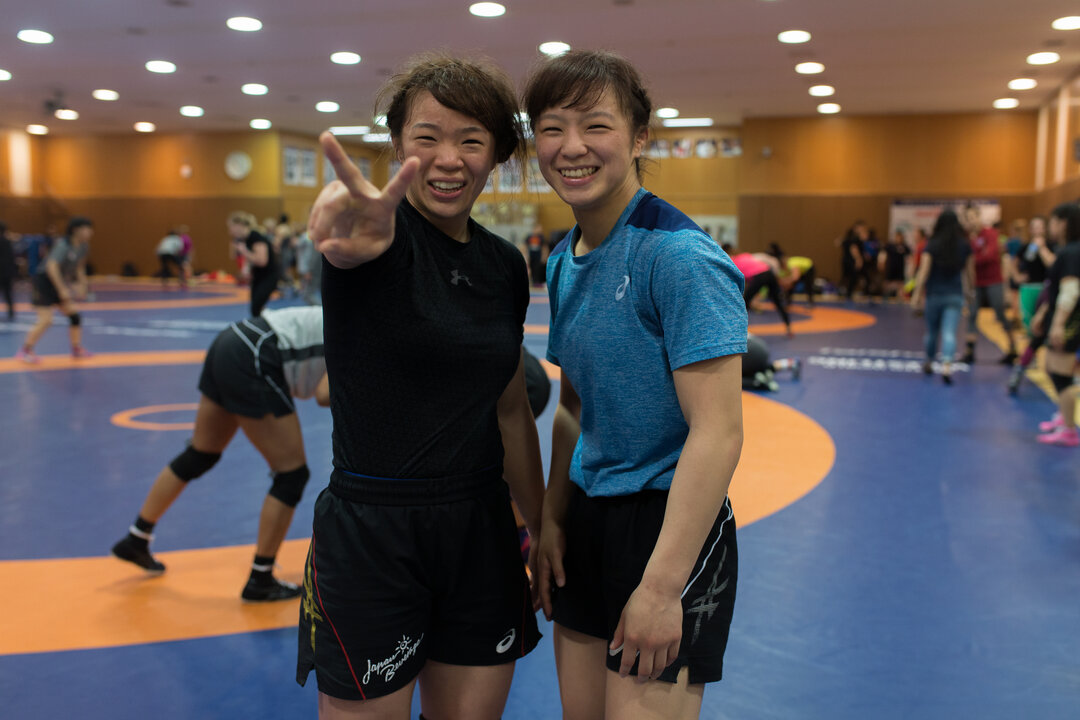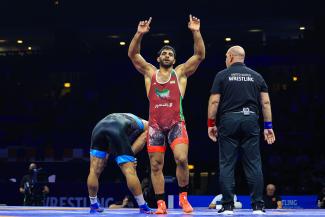Wrestling Signs with Eurosport for TV and Digital Coverage Through 2020
Thursday, September 13, 2018 - 16:31 By United World Wrestling Press

CORSIER-SUR-VEVEY, Switzerland (September 12) – United World Wrestling has signed a three-year distribution agreement with Eurosport, the largest carrier of Olympic content in Europe.
The agreement, which runs until 2020, will see Eurosport showcase premier wrestling events like the World and European Championships, and broadcast them across 54 nation in Europe 16 in the Asia-Pacific region. The content will be available on linear, online and the Eurosport Player.
Eurosport’s coverage will begin this October in Budapest with highlight shows from the World Wrestling Championships. Next year, Eurosport is set to add to its coverage with action from the European Wrestling Championships from Bucharest, Romania. Eurosport will also support the growth of wrestling via a series of TV and digital campaigns to run on its platforms for the duration of the deal.
“We look forward to continuing our partnership with Eurosport and improving the level of exposure across Europe,” said United World Wrestling president Nenad Lalovic. “We believe this partnership took a significant step forward last year during the successful World Championships in Paris and look to build on that for our major Championships and in the lead up to Tokyo 2020.”
 Defending Olympic champion Risako KAWAI (JPN) at practice earlier this year in Tokyo. (Photo: Max Rose-Fyne)
Defending Olympic champion Risako KAWAI (JPN) at practice earlier this year in Tokyo. (Photo: Max Rose-Fyne)
Eurosport has committed to televising the top wrestling events on Eurosport platforms until 2020.
“We want to emphasize that sports such as wrestling are more than a series of events that only takes place at the Olympics. This partnership strengthens Eurosport’s ambition to tell year-round stories of current and future Olympians,” said Laurent Prud’homme, Eurosport SVP Rights Acquisitions and Syndication.
“Securing an agreement with the UWW will allow fans across Europe and the Asia-Pacific to follow their heroes in the lead-up to Tokyo. Equally, this also gives us the opportunity to educate sports fans who perhaps don’t know too much about wrestling.”


Share your thoughts.
Comments